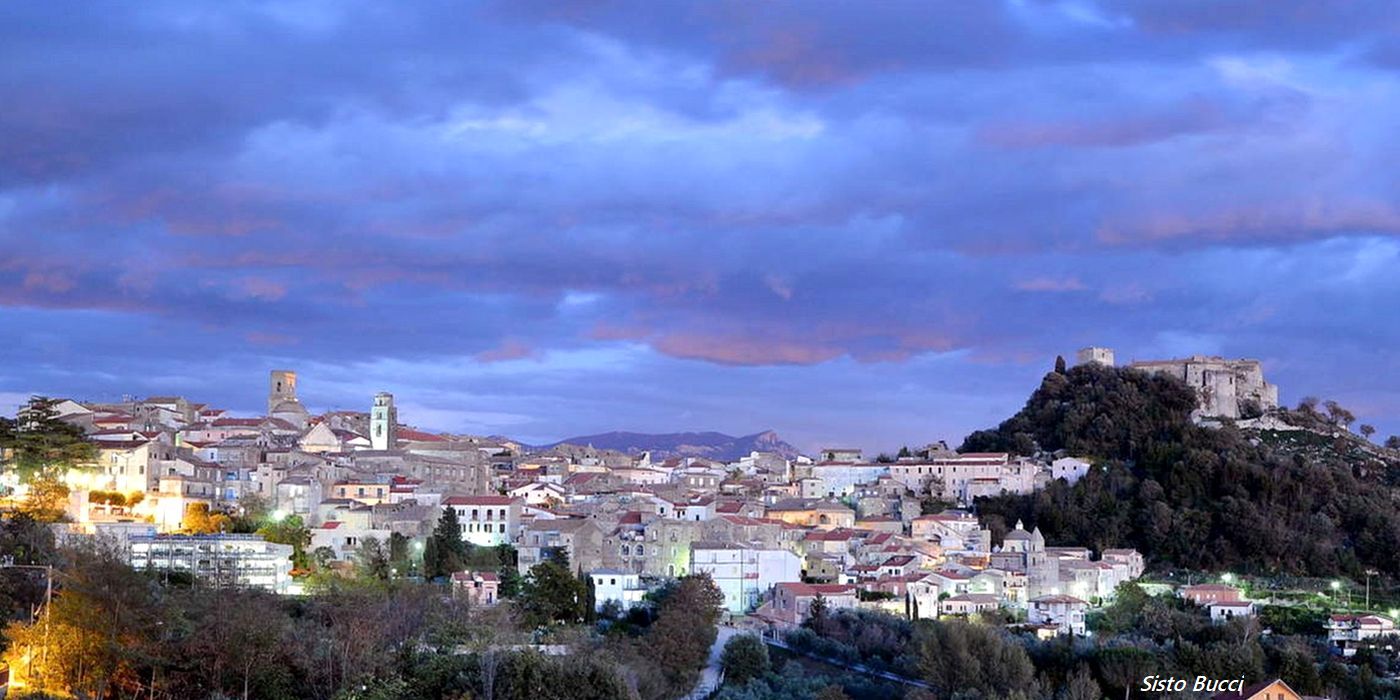“Silenced” priests. Ferrari ( ISPI): “A long-standing situation. The regime cracks down on all opposition”

“Nothing of what is happening today has not already occurred in the past years. This is a long-standing situation. Lukashenko’s regime is an authoritarian regime. It represses the opposition, puts dissidents in prison, censors them, promotes expatriation of protesters, as it prefers people to leave, rather than remain and cause disturbance…. The Churches have clearly chosen on which side to stand”, says Aldo Ferrari, professor at Ca’ Foscari University in Venice, director of research on Russia, the Caucasus and Central Asia at the Italian Institute for International Political Studies (ISPI), answering a question from SIR. Professor Ferrari commented on the findings of a survey published by the Ukrainian Catholic Church, rkc.org.ua, conducted by “Christian Vision”, an association set up specifically to monitor “the persecution of Christians in Belarus.”
The Report shows that at least 24 clerics from various Christian denominations were subjected to repression in Belarus in 2022: eight Roman Catholics, three Greek Catholics, six Orthodox and seven Protestants. But this figure is likely to be higher.
“Priests continue being persecuted in Belarus,” writes the Ukrainian website. And while two years ago, in August 2020, the police cracked down on people protesting over alleged vote-rigging in the presidential elections, “whoever opposes the war in Ukraine and the Lukashenko regime’s alliance with the Russian aggressor now faces detention, fines and imprisonment.” “From the perspective of an autocrat like Lukashenko,” Ferrari explains, “anyone supporting Ukraine is in fact challenging Belarus’s pro-Russia policies.” After the massive protests against the 2020 presidential elections, “political opposition activism against Lukashenko waned or was reduced to almost nothing. Many of the opponents are in jail today, and a large number have fled abroad. Consequently, there exists no strong opposition inside the country. And the government keeps a close eye on anyone who expresses support for the Ukrainian cause.”
The most frequent trigger for prompt police inspection in Belarus, according to the Report – published by the Ukrainian Catholic Church – is when priests express solidarity with Ukraine. Clerics accused of publishing posts in support of Ukrainians on social networks, or even of displaying the Ukrainian flag on their Facebook page, or ‘liking’ sites that the regime considers ‘extremist’, have been summoned and interrogated. A Greek-Catholic priest was fined for putting a sticker on his car saying “Ukraine, I’m sorry”, and so were two Orthodox priests. The first was fined for collecting funds for Ukrainian refugees and the second for welcoming them with flowers at the train station in Minsk. A Catholic priest made a video with young people from his parish showing a Belarusian girl speaking out against the war. “We don’t want war, please pray for Ukraine… Let this message be a cry from my heart: No more war!”. After publishing this video on social media, the priest was summoned and fined by the police. He was forced to leave Belarus after 14 years of ministry, he now serves the church in Gdansk, Poland. According to the Report, a person can be detained in temporary arrest for 72 hours. In some cases, the priests were allegedly treated “like criminals”, “brought to prison, cornered, degradingly humiliated.” Finally, the Report states that the police and KGB also put pressure on the bishops, summoning them to obtain information about their “disobedient” priests. The Ukrainian Catholic website reminds readers that there are about 1 million Catholics in Belarus, accounting for 10 per cent of the population. The Roman Catholic Church comprises the archdiocese of Minsk-Mogilev and the dioceses of Grodno, Pinsk and Vitebsk.
The European Union has been watching this situation and one wonders whether it has any room for manoeuvre. “Belarus has already been the subject of condemnation, criticism and sanctions. What more can the European Union do?” notes Ferrari.
“Of course, circulating these documents and this information is important and necessary because we are dealing with the persecution of priests and for crimes of opinion. But it has hardly any noticeable impact.”
The EU has criticised Belarus severely. “I doubt there is much more to be done,” adds the expert. Moreover, in the context of a fierce war scenario like the one unfolding in Ukraine, even persecutions of this kind are given less importance. This may sound cynical. But these are instances of people being singled out, registered, and subjected to restrictive measures such as imprisonment or interdiction from public office.” Turning our gaze to the future and the fate of priests, our hope is that the situation for local churches will be “normalised” as soon as the war in Ukraine comes to an end. “Certainly, but not only,” Ferrari points out. “Much will depend on the outcome of the war. Because if Putin remains in place, and Lukashenko with him, even the end of this war will not bring about any decisive transformations, because the people listed as enemies of the Homeland will remain such even when the war is over.
If Russia wins the war Navalny will not be released, nor will relations with dissenting priests in Belarus improve. It is a tragic situation. We should not delude ourselves.”
(Fonte: AgenSIR – News archiviata in #TeleradioNews ♥ il tuo sito web © Diritti riservati all’autore)






